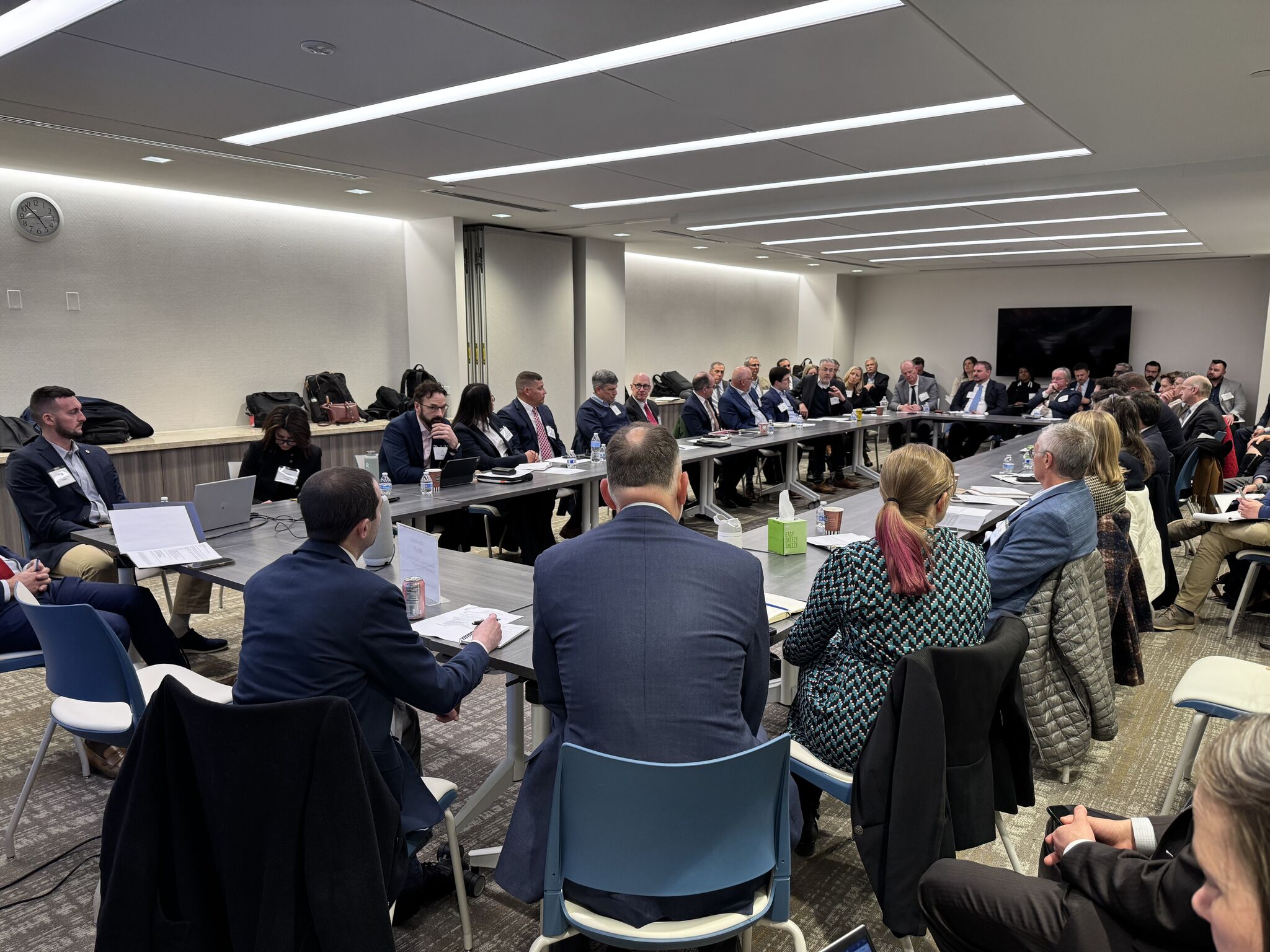Chinese hackers preparing ‘bold and unrelenting’ attacks on U.S. infrastructure: FBI

WASHINGTON (TND) — The Chinese government is preparing “bold and unrelenting” attacks on U.S. infrastructure, the Federal Bureau of Investigation (FBI) announced Thursday.
FBI Director Christopher Wray said hacking risks to U.S. national and economic security are “upon us now,” adding that “critical infrastructure” is a prime target.
On the heels of the warning, CBS12 News’ Mike Magnoli spoke with Karim Hijazi, the founder and CEO of Vigilocity. Click the video below to watch an extended version of the interview.
Wray, who offered the keynote address, spoke before a group of national security and intelligence experts, as well as students, during the two-day summit. According to Vanderbilt University’s website, the event focused on the challenges China poses to the U.S.
He cited water treatment facilities, energy grids, transportation, and information technology, as examples.
The PRC [People’s Republic of China] has made it clear that it considers every sector that makes our society run as fair game in its bid to dominate on the world stage, and that its plan is to land low blows against civilian infrastructure to try to induce panic and break America’s will to resist,” Wray said at the Vanderbilt Summit on Modern Conflict and Emerging Threats in Nashville.
Wray said the Chinese will have the “ability to physically wreak havoc on our critical infrastructure at a time of its choosing.”
Wray’s remarks were met with some skepticism.
“I would like to see, for example, a group of kind of neutral academics, including some skeptical maybe who could look over this evidence and judge it a little better,” said Lyle Goldstein, director of Asia engagement at the think tank Defense Priorities.
Goldstein agreed that a conflict between the U.S. and China could be looming, even that cyber-attacks pose a real threat, but warned about the danger of overhyping the cyber aspect.
“Before the Ukraine war, we were told you know, for at least a decade that Russia had enormous capabilities to completely unhinge not only American democracy, but America’s institutions and American infrastructure. None of that has come to pass from my point of view,” Goldstein said.
With its finite resources, Goldstein said, kinetic military capabilities cannot be neglected in the name of cyber.
“I think there’s major reasons to believe that our military is not prepared for a China contingency, especially concerning our ability both to produce munitions but also to reconstitute the force. It’s said that China has something like 200 times the capability, more than that, in ship building, for example,” Goldstein said.
In a news release from the FBI, Wray said the threat from the Chinese Communist Party, or CCP, centers on involves crime, counterintelligence, and cybersecurity. He said the FBI is countering the threat “with resources from all three missional spheres.”
Wray said partnerships, joint operations, and private sector vigilance can help the U.S. fight back. Private companies, he said, own most of the U.S’s critical infrastructure, so they can help the FBI by sharing “vital information about what adversaries are doing — or preparing to do — against us.”
Wray also said the Chinese government is motivated by wealth and power.
“The fact is, the PRC’s targeting of our critical infrastructure is both broad and unrelenting,” he said, adding that the size and expanding nature of the CCP’s hacking program isn’t just aimed at stealing American intellectual property.
“It’s using that mass, those numbers, to give itself the ability to physically wreak havoc on our critical infrastructure at a time of its choosing,” he said.
Related
How SenseiNode Is Building Proof-of-Stake Infrastructure in Latin America
A lot of attention is paid to the decentralization of the Bitcoin network.Bitcoin miners should set up shop in a number of different jurisdictions in order to p
The Infrastructure of Racial Justice Is Under Attack. We Must…
President Donald Trump began February with a proclamation that Black History Month offered “an occasion to celebrate the contributions of so many Black Am
Bomb threat found “non-credible”: American Airlines after Delhi-bound flight diverted…
American Airlines has said that the "bomb threat on board", due to whi
Big infrastructure investment plans take shape in America
Amtrak and dozens of major industry partners representing construction, manufacturing, rail supply, engineering, and other sectors convened for an industr













